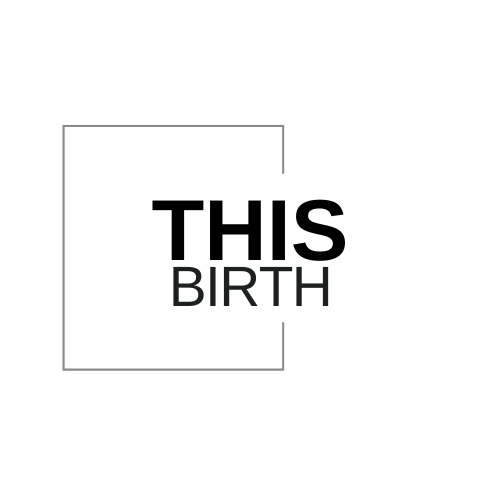PAIN AND SUFFERING

Pain and suffering are related but distinct experiences. Pain refers to the physical or emotional discomfort that is experienced in response to a particular stimulus, such as injury or illness. It is a natural response of the body and mind to perceived danger or harm.
Suffering, on the other hand, refers to the emotional and mental distress that can accompany pain. It is the experience of distress, hardship, or discomfort caused by events or circumstances beyond one's control. Suffering often involves feelings of hopelessness, frustration, and despair, and can lead to negative emotions like depression, anxiety, or anger.
In short, pain is a physical or emotional response to a specific stimulus, while suffering is the distress that can result from that pain, or from other events or circumstances. While pain can be unavoidable, suffering can often be reduced or prevented through mindfulness, positive coping strategies, and support from others.

According to Carl Jung's concept of psychology, pain and suffering are two aspects of the human experience that can impact our overall well-being. Pain is a physical or emotional discomfort that is a natural response to perceived danger or harm. Suffering, on the other hand, refers to the mental and emotional distress that results from pain or other challenging experiences. Jung believed that suffering can often be the result of unconscious patterns of behaviour and thought, and that facing and understanding these patterns is an important part of personal growth and psychological development. By exploring the root causes of suffering and working through unconscious patterns, individuals can find a way to reduce or overcome suffering, leading to greater well-being and a more fulfilling life.
